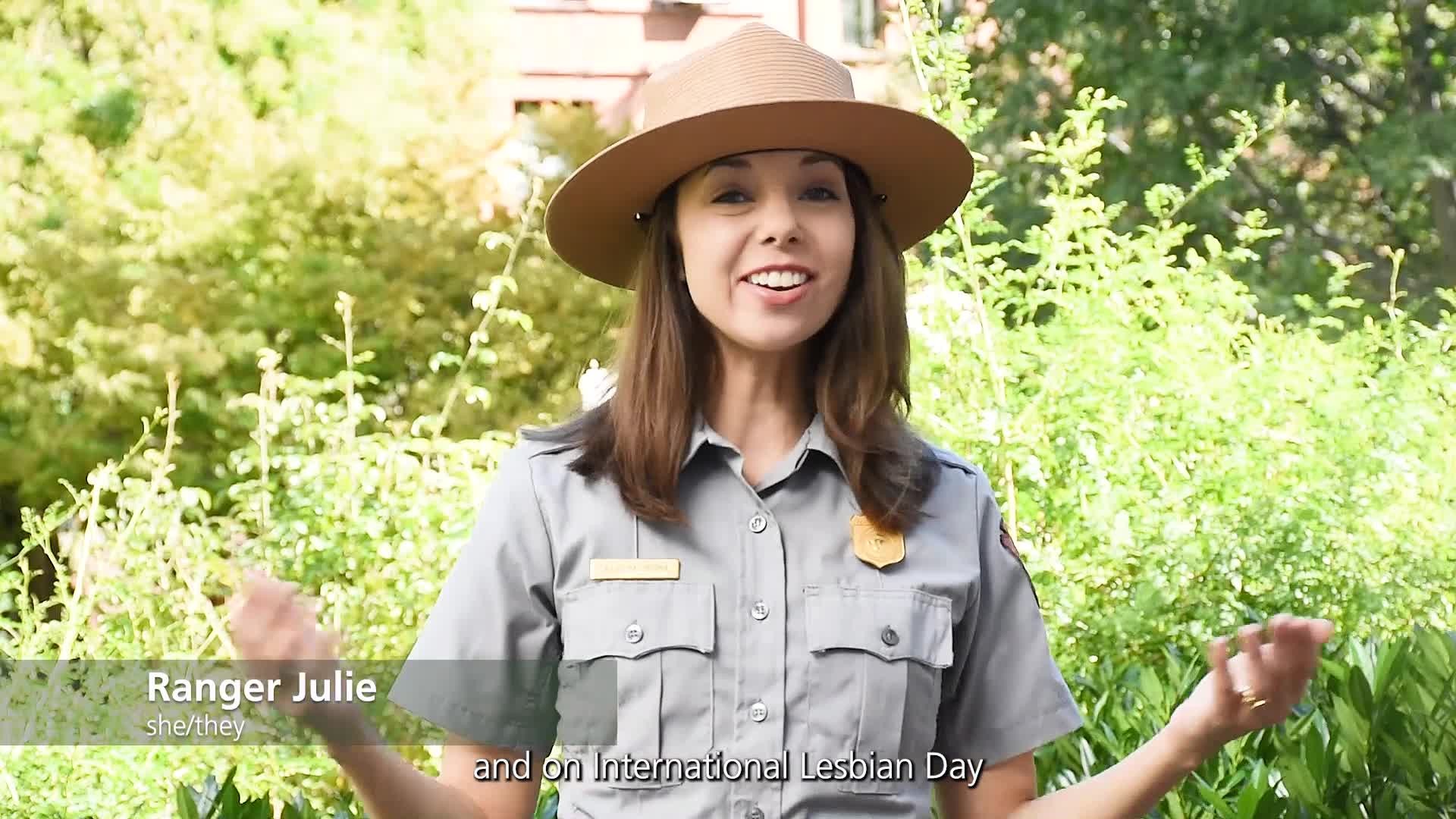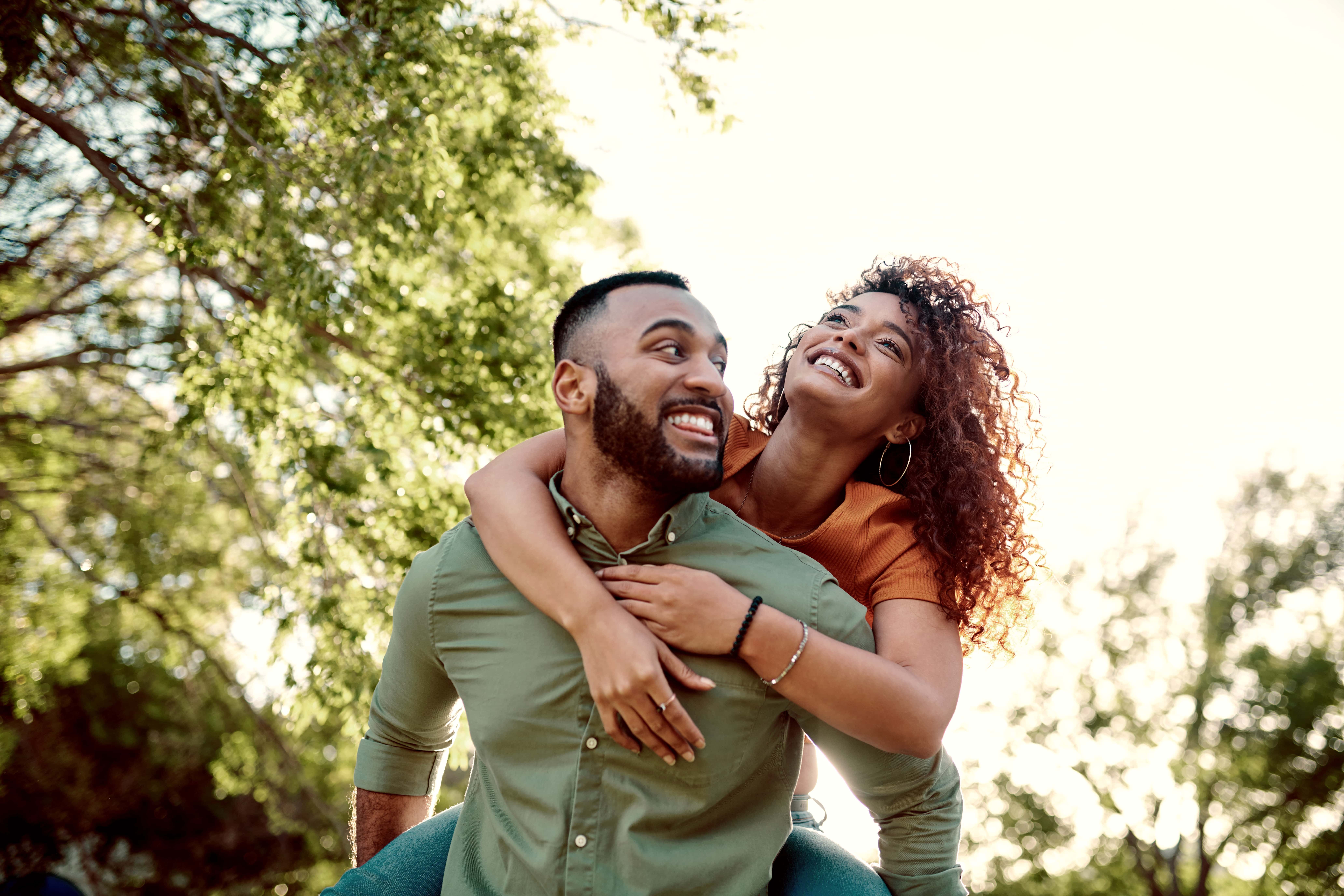In December of 2004, the exact same 12 months
Rosanna Flamer-Caldera
created the LGBTQ+ nonprofit
Equal Floor
inside her native Sri Lanka, the country ended up being devastated by a tsunami which left-over
35,000 missing or lifeless
. For the majority of its first year, Equal Ground focused the efforts instead of LGBTQ+ advocacy but instead on tragedy relief, touring across the country and supplying assistance to people in need of assistance.
“It was very damaging,” Flamer-Caldera told me when we spoke earlier this month. Nevertheless the attempts had an unintended and unanticipated result. Many years later, she ended up being called by a Muslim couple regarding eastern shore of Sri Lanka whom
Equal Soil
had worked with within its reduction days. The couple â with their buddies and connections out east â desired to book Equal Ground for LGBTQ+ awareness sensitizing products inside their regional communities. Word traveled quickly. Quickly, other communities around Sri Lanka happened to be reserving products, too.
“and thus that way, it just continued and on as well as on,” Flamer-Caldera tells GO. The corporation’s work in 2004 “paved the way in which for Equal Ground to go into all these locations and explore LGBTQ+ liberties.”
Today, seventeen many years later,
Equal Soil
is actually Sri Lanka’s earliest non income LGBTQ+ advocacy group, raising knowing of liberties and visibility in a country that officially provides no defenses for queer and gender non-conforming people. Equal Ground is both a safe space for queer people and occasions, but in addition a platform for academic outreach to queer individuals and potential partners across country. Equal Ground supplies social and networking possibilities through society activities and Pride celebrations; counseling solutions for lesbian and bisexual ladies and trans persons through two different hotlines and on social media marketing platforms; educational and sensitizing classes for corporations and mass media organizations; and training courses on subjects like gender-based assault, real legal rights, and intimate and reproductive health in regional communities. The business additionally creates informative publications on queer rights and consciousness throughout three associated with nations’ languages (Tamil, Sinhalese, and English) and behavior qualitative investigation on experiences of, and perceptions toward, Sri Lanka’s LGBTQ+ populace.
“Sometimes we make use of ladies’ businesses, feminist companies, sometimes we deal with individuals, occasionally we deal with LGBT groups. It really hinges on who we’re getting in touch with and whom we have been cooperating with at that moment,” Flamer-Caldera says.
The thought of LGBTQ+ liberties is still significantly brand new inside the southeast Asian nation, which until 2009 was actually embroiled in a 25 year civil battle between your Sinhalese-led federal government and Tamil separatist groups. Same-sex connections are properly criminalized under Sri Lanka’s penal code. Although it does not identify homosexuality particularly as a crime, the signal does stop “carnal knowledge up against the purchase of character,” “gross indecency,” and “cheat[ing] by impersonation,” which have been grasped to relate genuinely to same-sex interactions, according to a
2016 report
from Human Liberties Check Out. A
consequent document from the company posted a year ago
found that queer and gender non-conforming people continue to deal with “arbitrary arrest, authorities mistreatment, and discrimination in accessing health care, employment, and casing.”
“It really is a terrible thing to express about my country, but the audience is, unfortuitously, in a truly terrible location however,” Flamer-Caldera tells GO. Although an indigenous of Sri Lanka, Flamer-Caldera failed to fundamentally understand how poor circumstances had been until after she’d returned residence from san francisco bay area, where she’d lived for 15 years and in which she had turn out. “While I came back, I out of the blue discovered there had been legislation that criminalize consenting adults, exact same gender, intimate relations, and I also had been like, âYou’ve reached end up being joking. Are we residing the terrible dark ages or exactly what?'”

Not merely one to let shock obtain the better of the lady, Flamer-Caldera decided to do something about it. Upon coming back from bay area, she began a lesbian and bisexual ladies class, known as Women’s Support Group; she in addition had gotten herself elected the co-secretary general in the these international lesbian, Gay, Bisexual, Transgender, and Intersex Association (IGLA). After a while, however, she realized “there was clearly no one, actually, performing everything for your LGBT society within Sri Lanka.” She started Equal Ground in 2004 to provide this broader support your LGBTQ+ community.
“Even if the laws and regulations change today, belief does not transform tomorrow,” Flamer-Caldera claims. But she’s viewed perceptions change over the years.
Equal Ground went a three-month venture also known as Ally for Equality, which also known as on people from around the nation to post small movies to Facebook professing their own allyship. “I thought i’d only have to fundamentally twist my pals’ arms to submit films,” Flamer-Caldera claims. Alternatively, “We had more than 100 films via all areas of the island, speaking in all three dialects. That was remarkable. 5 years ago, nobody might have submitted videos.”
As ideas change, ideally regulations will, as well. On government amount, Sri Lanka features viewed some progress recently, although much still is wanted to advance the reason for LGBTQ+ rights, which stay evasive. Adopting the beat of strongman president Mahinda Rajapaksa for the 2015 elections, the newest government granted a Gender Recognition round, enabling individuals to alter their own gender markers on formal paperwork. In a 2016 ruling,
the Supreme Court regarded
modern reasoning “that consensual sex between grownups really should not be policed from the state nor should it be grounds for criminalisation” but ultimately determined that in Sri Lanka, “the crime continues to be quite definitely element of our law.” After that, in 2017,
government entities refused
to instate explicit anti-discriminatory defenses for intimate orientation and identification within suggested National Human Rights plan; at the time, the Minister of wellness said that “government entities is against homosexuality, but we’re going to perhaps not prosecute anybody for practising it.” Later that same season, after a review because of the United Nations Human Rights Council,
the country’s Deputy Minister promised
your nation would decriminalize same-sex relations, and add specific protections against discrimination. However, the us government provides however to act on this subject guarantee, or perhaps the U.N tips.
Inspite of the Minister of wellness’s proclamation the federal government don’t prosecute individuals involved with same-sex relations, liberties groups like Equal Ground point out that the laws and regulations nevertheless supply address for authorities to harass, misuse, and get bribes from queer and gender non-conforming people. Between 2010 and 2012, the ladies’s help Group (WSG â launched by Flamer-Caldera) interviewed 33 queer-identifying females and 51 stakeholders (doctors, lawyers, businesses, mass media associates, religious leaders) for a qualitative examination of queer ladies experiences.
The analysis
unearthed that 13 of the 33 LBT respondents had reported harassment and physical violence as a result of police, who would target trans persons and women of masculine look.

Recently, Human Rights Watch, in conjunction with Equal Ground,
reported
that since 2017 â per year following the Minister of Health advertised the us government will never prosecute folks for doing same-sex relations â at the least seven folks was in fact forced to undergo anal and vaginal examinations by police, who have been seeking to discover proof of alleged homosexual activities. One season earlier on,
another report
by Human Rights Watch
discovered that on the 61 lesbian, homosexual, bisexual, transgender, and intersex individuals questioned, over one half stated that they’d already been detained by police without reason, while 16 participants â generally males and trans people â said they practiced intimate punishment or assault by police.
Violence and persecution as a result of state actors are simply just the main problem experiencing queer folks in the traditional nation where patriarchal values and sex functions would be the norm. The WSG study through the very early 2010s learned that all 33 LBT interviewees had experienced emotional violence because of the sexuality, frequently from friends; two-thirds experienced physical violence as well as over half had skilled sexual physical violence. Four experienced harassment in the workplace, and seven reported being forced into mental medical facilities, medical amenities, or spiritual institutions, typically at a parent’s demand, to be “treated” of homosexuality.
“Our company is combating for the lives right here,” Flamer-Caldera states. “there are plenty of intimidation, intimate assault, rape, beatings, extortion, blackmail.” Despite increased efforts to teach LGBTQ+ people of these rights through magazines like
“My Rights, My Duty”
(made in all three Sri Lankan dialects), many these types of events get unreported, since subjects in many cases are also nervous to speak out against state actors like police, and/or against loved ones. Equal soil might probably see just 25 to 30 research per year, representing just a portion of violations.
However, although LGBTQ+ individuals face continued barriers to acceptance, there isn’t any doubting that Equal Ground makes considerable inroads in reshaping Sri Lanka’s cultural truth. “advancement tends to be measured differently,” Flamer-Caldera says: during the developing Pride parties, in which folks cheer in the Rainbow flag, or on social media marketing, in which partners reveal their own unwavering support for the LGBTQ+ neighborhood. Equal surface has been welcomed into more places, also. The organization presented education and courses in 18 of Sri Lanka’s 25 areas, such as in Jaffna during the north, long off limits throughout turbulent times of municipal conflict. Today, in Jaffna plus in other places, LGBTQ+ teams are beginning to pop-up “like mushrooms,” Flamer-Caldera claims. “this can be great. This can be positively wonderful.”
She additionally believes that they’ve garnered enough service for LGBTQ+ legal rights culturally they might be able to begin switching laws, also. Equal Ground has recently carried out qualitative analysis when preparing for a major mass media venture, throughout the size of marriage equality in the us, and found that “a lot of people are in the empathetic stage, and simply forced into the acceptance stage,” she informs me. “we had been amazed on answers.”
Equal Ground made a great progress means from 2004, whenever its comfort attempts very first provided the party unexpected inroads into Sri Lanka’s regional communities. The street features occasionally already been difficult, but “we’ve progressed,” Flamer-Caldera tells me. For the seventeen decades since she first established Equal Ground, Pride activities are thriving, queer folk get access to identity-affirming resources and room, and perceptions within the conservative nation are starting to warm into LGBTQ+ neighborhood. Although LGBTQ+ men and women continue to have quite a distance to go in Sri Lanka, Flamer-Caldera tells me, this woman is “quite happy” utilizing the development they have currently generated.
 Sba.edu.vn
Sba.edu.vn